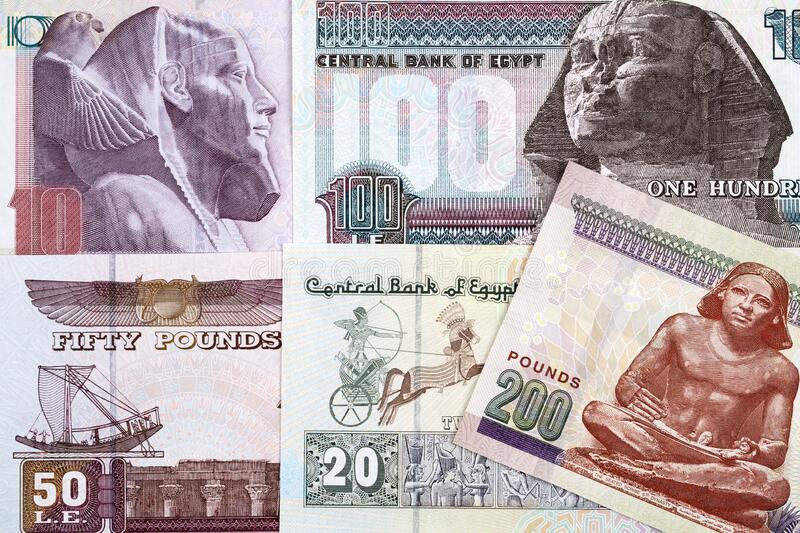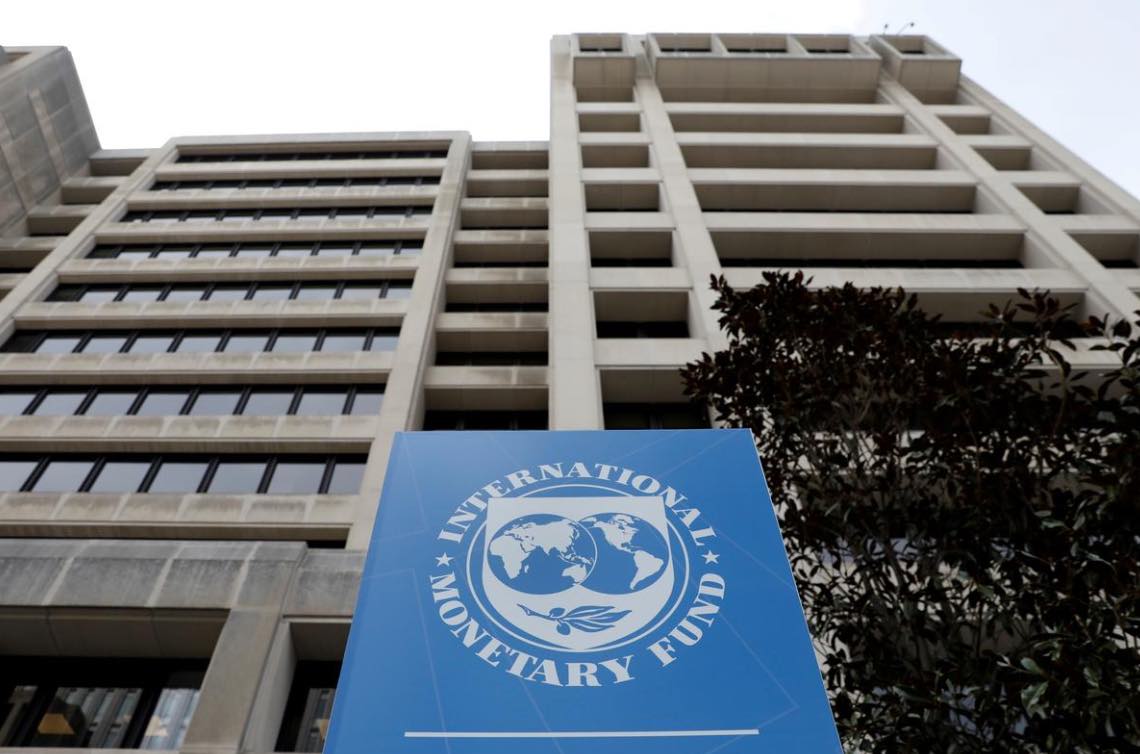Sanabel is a regional microfinance network established in 2002 which aims to revolutionize the microfinance sector through elevating the capacity of microfinance institutions (MFIs) in the Arab region.
This year, Sanabel was awarded the “Microfinance Network of the Year Award” by the Small Enterprise Education and Promotion (SEEP) Network (a Washington DC-based organization) for playing a significant role in promoting the field of human resources and leadership.
In an interview with Al-Masry Al-Youm, Ranya Abdel-Baki, the executive director of Sanabel, talks about the network’s vision, its accomplishments, and the current situation of Arab women micro-entrepreneurs.
Al-Masry Al-Youm: What distinguishes Sanabel from other networks for it to win “Microfinance Network of the Year Award”?
Ranya Abdel-Baki: Although Sanabel is a young network, it has been able to record noted improvements in many areas according to the Networks Capacity Assessment Tool (NCAT) developed by the SEEP Network.
This assessment, which is carried out to measure the performance of microfinance networks, is based on six major aspects: operations, service delivery, financial viability, human resources, governance, and external relations.
According to the assessment, Sanabel succeeded in edging out over 57 other microfinance networks that represent regional and national networks worldwide.
Al-Masry: What kinds of services do you provide microfinance institutions with?
Abdel-Baki: As a membership-driven network, we provide our members with a suite of complimentary services including training and capacity building, transparency and research, and the Arabic Microfinance Gateway, which is a major source of information about the microfinance sector.
Al-Masry: What has Sanabel exclusively introduced to the microfinance sector?
Abdel-Baki: Sanabel has taken the initiative in introducing the principles of social performance management (SPM). Our network in partnership with the Micro Finance Center (MFC) and AZMJ, funded by Oxfam Novib, launched the first region-wide Social Performance Management (SPM) training project. Following the successful completion of the first phase of the project, the SPM program is currently in its second phase, which includes 25 Sanabel members.
Al-Masry: What are the benefits of applying SPM?
Abdel-Baki: The benefits for MFIs in applying SPM is to enable them to effectively put their social missions into practice and be able to measure and trace performance and achievements in this area over time to achieve the organization’s social objectives (for example serving the poorest of the poor, reaching poor women in rural areas, etc.).
Al-Masry: What types of projects do you finance?
Abdel-Baki: As a network, Sanabel does not provide any direct or indirect finance. Sanabel is a membership-driven network that provides a range of services to its members (the MFIs that provide finance to the micro-entrepreneurs). Our members, however, finance a variety of projects ranging from agricultural activities in rural areas to street vendors, shopkeepers, and service providers in urban areas.
Al-Masry: Are there necessary conditions that must be met in order to finance a micro-entrepreneur?
Abdel-Baki: Yes, there are usually some minimum requirements for microfinance provisions that differ from country to country and also differ from one MFI to another in any given country. These requirements are much simpler than those of any bank because they take into consideration the fact that many micro-entrepreneurs operate in the informal sector. In Egypt, for example, some of the eligibility criteria include having an Egyptian nationality and identification, being at least 18 years old, and owning an existing project for a minimum certain period (six months to one year).
Al-Masry: What is the total number of micro-entrepreneurs reached by your member MFIs?
Abdel-Baki: By the end of 2009, Sanabel’s members expanded their service to more than 2.8 million borrowers, representing 90 percent of the total microfinance clients in the region.
Al-Masry: What is the total number of your member MFIs?
Abdel-Baki: Sanabel consists of 82 members from 12 Arab countries, including Egypt, Lebanon, Iraq, Jordan, Palestine, Mauritania, Sudan, Saudi Arabia, Morrocco, Yemen, Tunisia, and Syria, and one European country (the UK).
Al-Masry: Do women represent a large segment of borrowers in the Arab region? Which Arab countries have the largest percentages of women borrowers?
Abdel-Baki: The Arab Region maintains the second highest percentage of women borrowers in the world (at 68 percent), following the Asian market. Within the region, Yemen and Egypt have the largest percentages of women borrowers. This is mainly due to the fact that poverty rates are higher among women worldwide.
Al-Masry: What is the percentage of female borrowers in Egypt?
Abdel-Baki: In 2009, the Egyptian market saw the percentage of women borrowers (typically the group-loan clients who belong to lower income segments of the market) increase. Currently, there are more than 770,000 female borrowers in Egypt, constituting around 70 percent of total borrowers. However, women tend to have higher repayment rates (less defaults on loans) compared to men.
Al-Masry: Are there members of Sanabel focusing on women specifically?
Abdel-Baki: Yes, there are a number of institutions in Egypt and the Arab region solely focused on women. In Palestine there is Asala, in Jordan Microfind for Women (MFW), and in Yemen Abyan, just to name a few. In Egypt, al-Tadamun Microfinance Foundation was set up with the mission of boosting the income of women micro-entrepreneurs in poor neighborhoods and providing them with financial services necessary for their livelihood.
Sanabel: The Microfinance Network of Arab Countries
Address: 1 Al-Sad Al-Aly Sq., Dokki, Giza
Tel.: +20237488624
Fax: +20233370714




